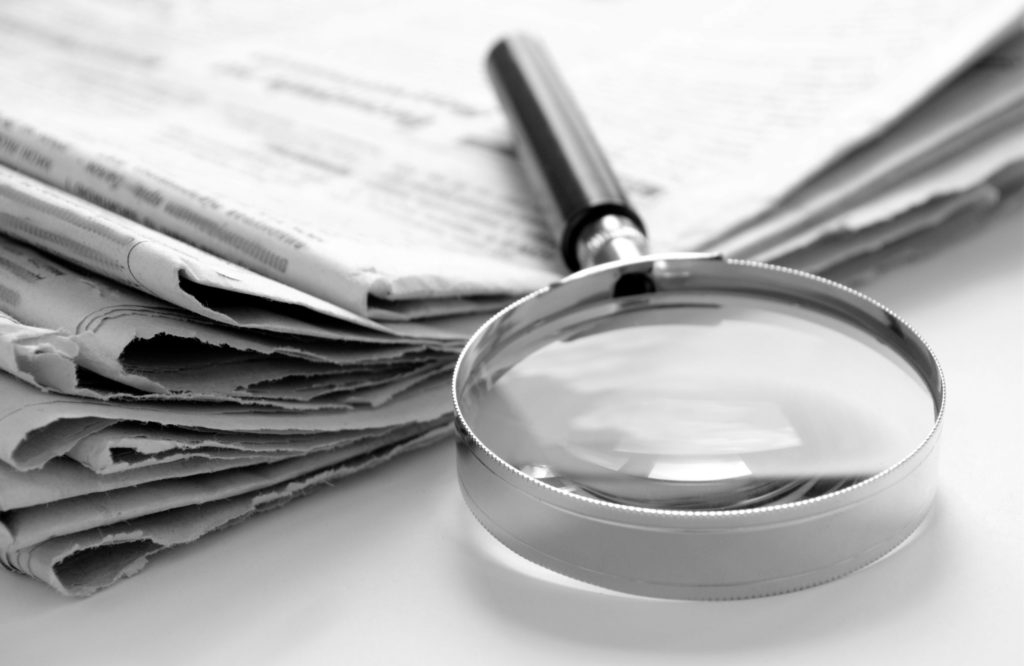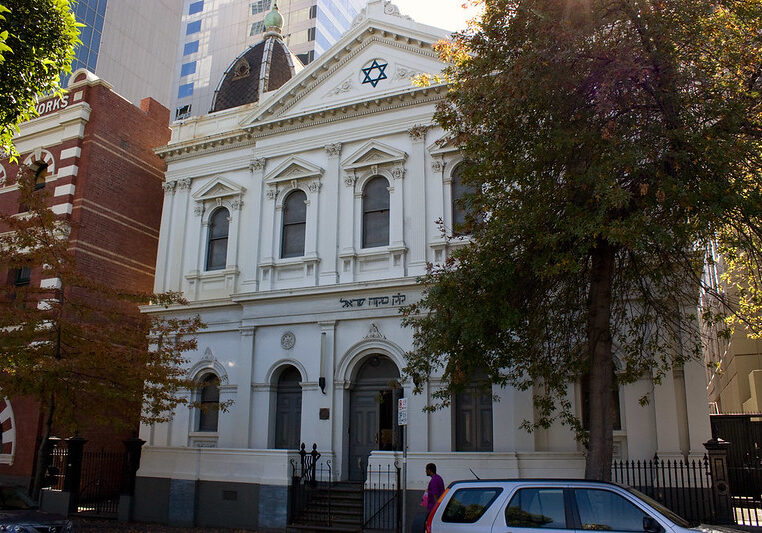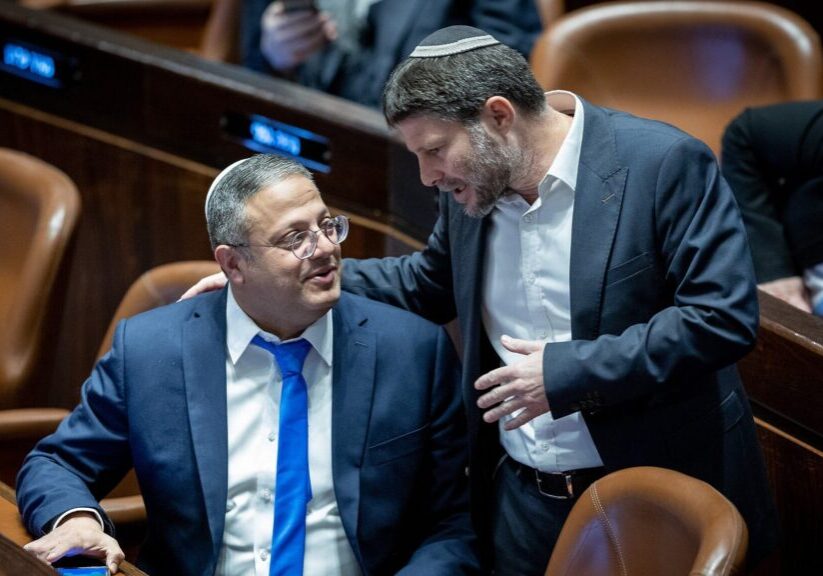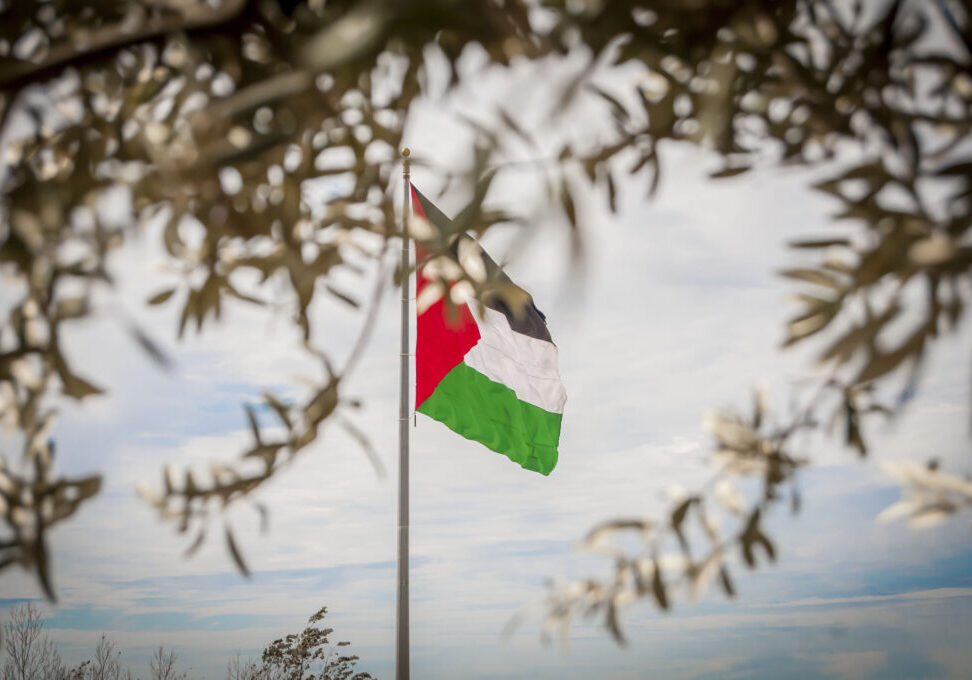Australia/Israel Review
Media Microscope: Writes and wrongs
Mar 27, 2023 | Allon Lee

Intense debate continued in the media over Adelaide Writers’ Week Director Louise Adler’s decision to invite ten Palestinian writers – including radicals like Susan Abulhawa and Mohammed El-Kurd who have expressed toxic views about Ukrainian President Zelensky, Israel and Jews – but no Israelis.
In the Australian (Feb. 25), columnist Gerard Henderson argued that “the real issue… is [there’s] no balance in the… program that would make it possible for the views of this anti-Semitic duo to be contested.”
On Feb. 26, before the festival, Age columnist Jon Faine argued the two should be challenged at the event. Post-event (March 12), Faine, a festival participant, reported that when he attempted to talk with Abulhawa backstage “strangely her minders then shut down our chat and shortly after whisked her away.” Faine naively asked if “Adler would have invited Abulhawa if she had known about her extreme tweets.”
The Australian’s Caroline Overington also initially argued the extremists should be heard and challenged in Adelaide (Feb. 27) but changed her position (March 6) after hearing the panel, saying “this wasn’t a discussion. There was no attempt by anyone to consider the ways in which Israel and Palestine might find a lasting peace.”
On March 1, Age columnist Julie Szego challenged Adler’s position she was not interested in creating “safe spaces”, only “brave spaces”, asking “would these writers have scored an invite in the first place had their bile been directed at a group other than Jews?”
In the Age (March 6) former Attorney-General George Brandis argued the writers’ invitations should not be withdrawn, saying, “Adler does not condone the language or endorse the opinions of the Palestinian writers.”
In the Australian (March 3), Norm Schueler of the Jewish Community Council of South Australia criticised State Premier Peter Malinauskas’ decision to open the festival alongside Adler, after he had condemned the participation of Abulhawa and El-Kurd.
Former Middle East correspondent Eric Tlozek’s report on ABC TV “7 pm News” Adelaide (March 7) included the important point that Abulhawa was “opposed by Ukrainian groups and [this] played a part in a major sponsor pulling its support for the festival. Critics said her tweets calling Ukrainian President Volodymyr Zelensky a Nazi-promoting Zionist who was dragging the whole world into the inferno of World War Three amounted to hate speech.”
Zionist Federation of Australia’s Jeremy Leibler’s letter in the Age (March 4) rebuked a flattering profile of Louise Adler by Chip LeGrand (Feb. 24), saying, “LeGrand contends that my issue is simply with the number of writers who are Palestinians or activists for the Palestinian cause,” rather than the inclusion of “two specific Palestinians, who have spread age-old antisemitic tropes.”
The Advertiser (March 8) reported on a group of Ukrainians who protested at Abulhawa’s session, including Nataliia Bakhurynska whose son was killed whilst fighting against Russian forces in February. Earlier, on Feb. 25, the paper announced it was cutting all ties with the festival, stating that it helped raise $200,000 to help settle Ukrainian refugees in Adelaide.
Responding to the Age features editor Maher Mughrabi’s March 3 op-ed, a letter by AIJAC’s Jeremy Jones (March 10) said, “it is untrue and offensive to portray our concern [over antisemitic speech] as some sort of disingenuous attempt to stop legitimate political debate. The proliferation of antisemitic imagery and tropes should concern [everyone].”
In the Daily Telegraph (March 10), AIJAC’s Colin Rubenstein argued, “Palestinian authors, of course, can and should have a place… along with Israelis… However, a line must be drawn that excludes people… who engage in hate… yet… it is increasingly argued haters like Abulhawa deserves a pass just because they mainly hate Israel.”
In a searing 18-minute interview with ABC Radio Adelaide “Mornings” host David Bevan (March 7), Abulhawa rejected claims she says “hateful things”, arguing Palestinians are “powerless” and thus cannot be racist. She then undermined her own argument that she doesn’t say hateful things by arguing Ukrainians say hateful things about Russians and no one takes “them to task. Why the double standard?” She also defended the terrorist murder of American Elan Ganeles, visiting Israel for a wedding, on the basis that he’d previously served in the Israeli army.
Despite the ABC having the only mainstream Australian media interview with Abulhawa, only a very short segment was uploaded to its website, and the full episode containing the interview is no longer available.






